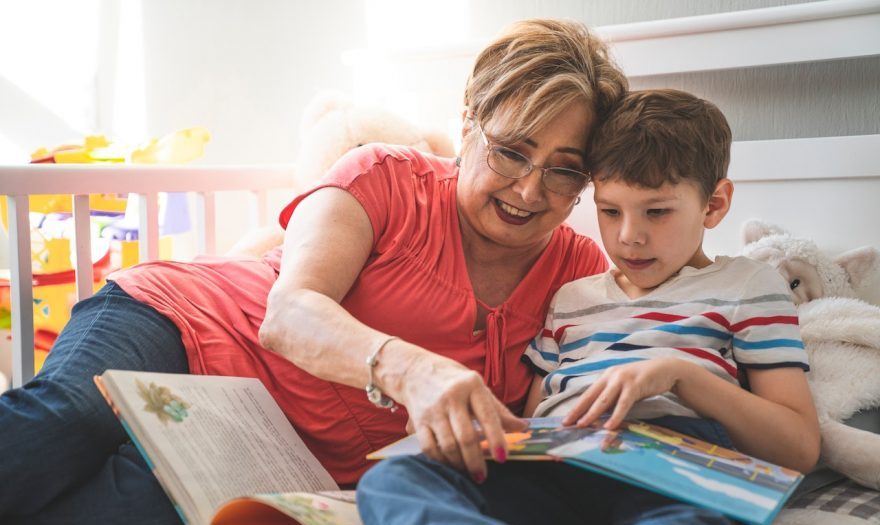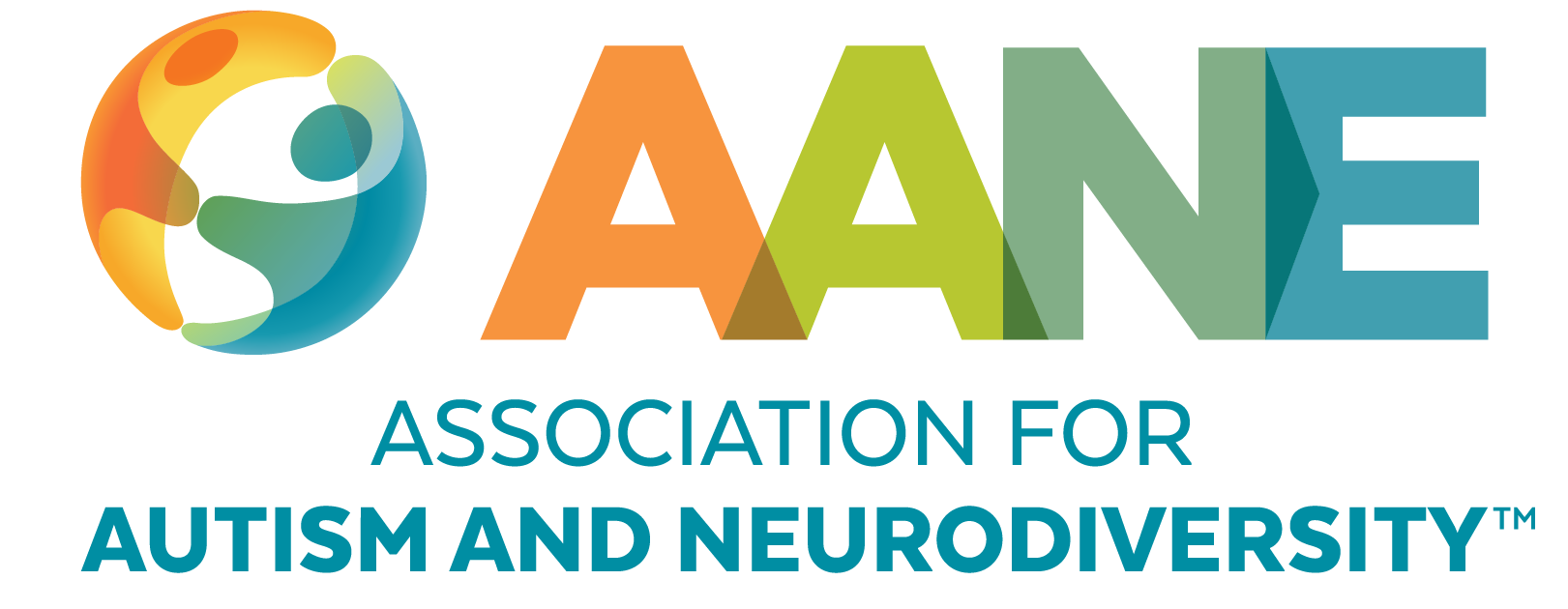
Building Positive Relationships with Autistic Family Members: A Guide for Grandparents and Extended Family
Authors
Sonia Janks, Contributing Editor
Marcia Robinson, MEd, CAGS
Pat Schissel, LMSW
Nancy Schwartz, MSW

Many grandparents and extended family members wonder about ways to form a close, loving relationship with their Autistic relative. Whether you have occasional interactions, are closely connected, or are in a significant caregiving role, there are ways to promote positive and meaningful interactions with your Autistic family member. Here are seven key points to help foster understanding, provide support, and embrace acceptance.
1. Seek Knowledge and Understanding
The first step is to educate yourself about autism. Whether you prefer workshops, reading books, or exploring reputable online resources to gain a deeper understanding, learning about autism is key. It is important, however, to keep in mind that each Autistic person has their own constellation of traits and may express these traits differently from what is described. But this foundation of knowledge will enable you to better understand and interpret reactions you might see. Understanding that autism is a neurotype, and Autistic individuals may process the world around them differently from others will help prevent misunderstanding some reactions and gain insight into the reasons behind certain behaviors.
2. Embrace Each Individual’s Uniqueness
Every person, whether Autistic or neurotypical, is unique. It is essential to avoid comparing your Autistic family member to others – even other Autistic individuals. When you can focus on the individual without judgment, you can start to recognize and appreciate their distinctive strengths and abilities. You can get to know who they are, their interests and their personality, and support their journey.
3. Create Structured and Supportive Environments
Many Autistic individuals thrive in structured environments with clear expectations. As a family member, you can contribute to a positive experience by planning activities with these needs in mind. This could include offering a quiet space if needed during a holiday get-together, or checking in advance about any food preferences. Consider tailoring activities to their interests and avoiding overwhelming situations. Pre-planning events, previewing what is going to happen with them, and having a backup plan can help manage potential challenges and ensure a smoother experience for both you and your Autistic relative.
4. Support the Autistic Family Member’s Parents
Supporting the parents is crucial in creating a harmonious and nurturing environment for your Autistic family member. Extending support and understanding, and refraining from unsolicited advice and criticism, helps to open lines of communication where you can learn more about your Autistic relative and how to be helpful. You can offer to share resources and information that you come across during your own research, showing your commitment to their journey, but keep in mind they may already be overwhelmed with information. Look for opportunities to provide assistance when possible to give the parents some time for self-care or to attend to other responsibilities. By being a source of support and understanding for the parents, you can contribute to a strong support network that benefits your Autistic family member’s overall well-being.
5. Be a Supportive Listener and Advocate
Listening to your Autistic family member is an essential aspect of building a positive relationship. Grandparents and extended family often have more time to engage in meaningful conversations. Take the opportunity to create a safe space for open communication, where they can share their thoughts, feelings, and experiences. No matter how old your Autistic relative is, being a supportive listener can foster a strong, positive relationship. Additionally, being an advocate for your Autistic family member within the extended family and community can help create an inclusive environment and promote better understanding within the family..
6. Allow Individuals to Develop at Their Own Pace and Recognize Their Growth
Just as every autistic individual is unique, their needs and preferences change over time. It’s important to recognize that they may need different forms of support at different stages. Rather than making assumptions about their abilities and preferences, ask so you can be aware how their needs may have shifted or evolved.
7. Connect with Support Groups and Peers
One of the most powerful resources for family members is the support and understanding found in groups of individuals who have experienced similar situations. Joining support groups and connecting with other relatives of Autistic individuals can provide a sense of community and shared knowledge. These groups offer a safe space for sharing experiences, gaining advice, and finding emotional support.
Building a positive relationship with your Autistic family member requires understanding and empathy. Your effort to learn about and support them will make a lasting impact on their lives. By applying these principles, you can create a nurturing and inclusive environment where your Autistic family member can thrive, feel loved, and be supported.
Stay Current
Subscribe for AANE weekly emails, monthly news, updates, and more!





